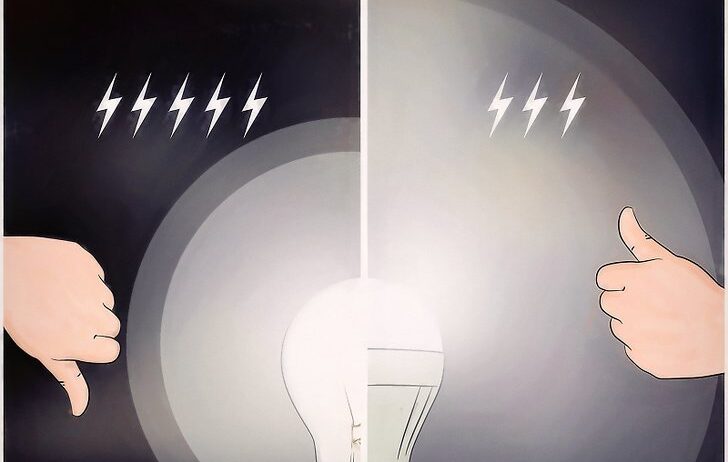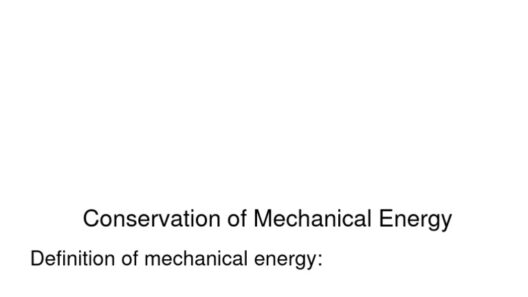In today’s fast-paced world, conserving energy may seem like an overwhelming task. However, adopting a commitment to energy efficiency can be both rewarding and manageable at the individual level. Understanding the multifaceted ways in which each one of us can contribute to energy conservation not only aids in combating climate change but also often leads to substantial financial savings. This article explores practical strategies individuals can implement daily to reduce their energy consumption in a meaningful way.
To initiate your journey towards energy conservation, it’s crucial to first grasp the significance of energy efficiency. Energy conservation refers to the reduction of energy use through various behavioral changes and technological improvements. The repercussions of energy wastage are profound, contributing to higher greenhouse gas emissions, environmental degradation, and a depletion of finite resources. Therefore, recognizing the power of even small changes in daily habits is essential.
One of the most straightforward methods to conserve energy starts at home, particularly by optimizing energy use in appliances. Unplugging devices when they are not in use can significantly diminish phantom energy consumption, commonly referred to as “vampire power.” Devices such as phone chargers, televisions, and computers consume energy even when turned off. An easy solution is to use power strips to disconnect multiple devices at once, promoting a more efficient energy policy within your living space.
In addition to managing electrical devices, consider re-evaluating your heating and cooling practices. The thermostat in your home can be a powerful tool for conserving energy. Setting the thermostat to a cooler temperature during the winter and a warmer temperature in the summer can result in significant energy savings. For optimal results, aim for a temperature differential of about 5-10 degrees. This simple adjustment not only reduces energy expenditure but also promotes a more sustainable lifestyle.
Equally important is the role of lighting in energy consumption. Opting for energy-efficient LED bulbs is a proactive approach to curtail energy use. Unlike traditional incandescent bulbs, these LEDs utilize a fraction of the energy and last significantly longer. Additionally, embracing natural light can be beneficial. When possible, open curtains and blinds during the day to illuminate your home, reducing reliance on artificial lighting.
Moreover, those who are inclined toward gardening or landscaping can also contribute to energy conservation. Strategically planting trees and shrubs around your home can provide natural insulation. Shade from trees can reduce the heat absorbed by your home, thus lowering cooling costs during the hot summer months. Additionally, the environmental benefits of promoting local flora contribute positively to biodiversity and ecosystem health.
Transitioning to public transportation or alternative modes of commuting, such as biking or carpooling, can also lead to significant energy savings. Vehicles are notorious for their high fuel consumption and emissions. By opting for public transportation, not only can you reduce your carbon footprint, but you also save on fuel costs and mitigate traffic congestion. Biking or walking for shorter distances further promotes physical fitness and contributes to a healthier community.
Furthermore, it’s essential to scrutinize your water consumption. Energy required to heat water can represent a significant portion of household energy use. Simple practices such as taking shorter showers or fixing leaky faucets can lead to considerable savings. Installing low-flow showerheads and faucets can also reduce both water and energy consumption without sacrificing comfort.
Technology plays a pivotal role in energy conservation as well. Smart home technologies offer innovative solutions for monitoring and managing energy use. Smart thermostats can learn your habits and adjust heating and cooling accordingly, maximizing efficiency. Smart plugs enable homeowners to control devices remotely, thereby optimizing energy use and minimizing waste.
Community involvement can also amplify individual efforts. Engaging with local sustainability initiatives, not only raises awareness about energy conservation but also fosters a collaborative spirit. Participate in local workshops, advocacy groups, or community clean-ups. By fostering a sense of collective purpose, individuals can inspire one another to adopt more sustainable practices.
Finally, education plays a crucial role in energy conservation. Stay informed about new technologies, methods, and best practices for energy efficiency. Numerous resources are available through environmental organizations, workshops, and online platforms. By actively seeking knowledge about energy conservation, individuals can adapt their habits and encourage others to do the same.
In conclusion, conserving energy is a viable and crucial endeavor that everyone can partake in. With thoughtful awareness and commitment, individuals can transform their daily routines to achieve significant energy savings. The impacts of these changes extend beyond personal benefit to foster healthier communities and a more sustainable planet. It is apparent that each step, no matter how minute, contributes to a larger movement towards environmental stewardship. Embrace these practices not merely as choices but as an intrinsic part of a profound shift in lifestyle that honors our responsibility to the Earth.








